We Can Live Without Shark Fin Soup. But Can We Live Without Sharks?
In Washington, D.C., these days, when Republicans team up with Democrats for the cause of conservation they deserve a shout-out of support from all of us.
The issue is “shark finning.” That’s the grisly practice where fishermen pull in a shark, hack off the fins for the shark-fin soup market, and then throw the mutilated animal back into the ocean to suffer an agonizing death from bleeding, drowning or predation by other animals.
If we’re going to stop this cruel and wasteful slaughter, Congress needs to hear from us. They need reminding that the American public wants results and cooperation, especially on matters without a whiff of partisanship.
Full story at http://bit.ly/2hgAGYq
Source: Newsweek
Could underwater gadgets tell us why baby sharks hang out at LA beaches?
It was about 2AM on a Friday morning, and Connor White couldn’t find the baby great white shark he was supposed to be tracking off the Southern California coast. He wasn’t worried about the shark, really — these Pacific waters are its home. But he was starting to panic about losing the $9,000 accessory called a SmartTag that the shark was wearing around its dorsal fin, like a giant, bright orange Fitbit.
Equipped with a handful of sensors and a camera, the SmartTag is part of a growing suite of gadgets that gives scientists a window into a day in the life of a shark. That is, as long as the scientists can find it once it releases from the shark’s fin. Lose the shark, and you lose the pricey tag — along with all its data. To keep costs down, White hadn’t outfitted the tag with a satellite transmitter.
So all he had to go by was the high-frequency radio signal the tag was supposed to emit when it floated to the surface, and outside of a 15-mile radius, he wouldn’t be able to hear it. “You know the shark can’t be that far away,” White says. “But each minute that you can’t find it, the area that the shark could be in gets bigger, and bigger.”
Full story at http://bit.ly/2hgAPuW
Source: The Verge
Despite their danger (or lack thereof), sharks need stronger protections
On Monday, a video was uploaded to Instagram in which a shark is shown being dragged behind a speedboat. Mark Quartiano, a self-described shark hunter, posted the video and says it was sent to him by two other Instagram users. Photos of the mutilated shark were also shared online.
Still, this incident shouldn't be considered on its own. It's an opportunity to consider the broader issue of shark hunting. Because for all his claims of moral outrage at the shark dragging, Quartiano represents a troubling global fishing industry.
It's an industry with many faces but one result: plumetting shark populations.
Sometimes, as in Quartiano's case, sharks are hunted as trophies. Other times they are entangled in net-based fishing. But for the most part, sharks are fished for their fins.
Full story at http://washex.am/2hgTEOI
Source: Washington Examiner
SHARK: One-on-one with the rulers of the deep Photos by Brian Skerry
Brian Skerry encountered his first shark underwater one afternoon in 1982, in the cool green waters off Rhode Island.
The female blue shark paid little attention to the thrilled 20-year-old diver as she cruised just below the surface, occasionally glancing at him before vanishing into the murk.
Skerry recounts that first meeting in reverent terms in his aptly-titled book SHARK, the culmination of more than three decades of photographing sharks in the wild.
Full story at http://on.mash.to/2hgTFCg
Source: Mashable
Zimbabwean poacher arrested after four years on the run for 'killing more than 100 elephants'
The manhunt for a suspected poacher ended was he was caught by police in Zimbabwe, almost four years after he was accused of killing scores of elephants using cyanide capsules.
Tony Maphosa has been on the run since 2013 after he allegedly poisoned water points and salt pans used by the animals.
But was arrested in the Hwange National Park after a tip off last week.
The anti-poaching team, which included officers from the Zimbabwe Parks and Wildlife Management Authority and police, also reportedly recovered two pieces of ivory from him when he was captured.
Full story at http://ind.pn/2hge7Do
Source: Independent
South Africa rhino poaching dips from record high
CAPE TOWN (Reuters) - The number of poached rhinos in South Africa decreased by 13 animals to 529 between January to June compared with the same period last year, a downward trend welcomed with "cautious optimism" by the government on Monday.
Rhino poaching in South Africa surged from 83 in 2008 to a record 1,215 in 2014 to meet burgeoning demand in newly affluent Asian countries such as Vietnam, where their horns are prized as an ingredient in traditional medicines.
South Africa has more than 80 percent of the world's rhinos, with about 18,000 white rhinos and close to 2,000 black rhinos. It has countered poaching by increased activity by park rangers and tougher jail sentences.
"As we have always stated, these declining numbers do not mean we can proclaim victory. Nevertheless, the downward trend is being established, which is cause for cautious optimism," environment minister Edna Molewa told a media briefing.
Full story at http://reut.rs/2hgTYNq
Source: Reuters
Fresh legal challenge looms over Adani mine risk to endangered finch
A fresh legal challenge could be brewing for Adani’s planned Carmichael coalmine. New advice has found the federal environment minister’s approval of the mine may have been unlawful in light of new scientific evidence of its impacts on the endangered black-throated finch.
As a result, the Australian Conservation Foundation (ACF) has asked the federal minister for the environment and energy, Josh Frydenberg, revoke the approval and ask Adani to resubmit its plans for consideration.
The Environmental Protection and Biodiversity Conservation (EPBC) Act says the minister must not act inconsistently with any official national recovery plan for an endangered species when approving a development. In addition, one of the conditions on the approval of Adani’s mine specifically stated that the company’s management strategies must be consistent with the recovery plan for the black-throated finch.
But according to legal advice given to the ACF by the Environmental Defenders Office (EDO) Queensland, new scientific evidence shows the approval of the mine by the former environment minister Greg Hunt was inconsistent with the recovery plan.
Full story at http://bit.ly/2hhtg7i
Source: The Guardian
Bison Returned From the Brink Just in Time for Climate Change
Ted Turner owns more than 100,000 acres of pristine land in southwest Montana, complete with lush grassland and forested hills rolling with Douglas firs. There are populations of wolves, black and grizzly bears, deer, elk and pronghorn antelope ranging freely, some crossing from nearby Yellowstone Park. But the real stars of the Flying D Ranch are his thousands of bison, the American beast once hunted to the edge of extinction.
Turner’s bison don’t need much human intervention to thrive. They breed naturally in the early summer, when the grass is at its most nutritious, and they birth their calves in the fields. The bison can withstand temperature fluctuations and snowfall. The animals are vaccinated for common diseases, but routine antibiotics and synthetic growth hormones aren’t used. When one of the animals dies—on the Flying D Ranch, about 2 percent to 3 percent of the herd perishes each year—the carcass is simply left for scavengers.
The enormous, shaggy animals are making a comeback as a chic, healthy and environmentally friendly source of meat. But to those in the industry, the animals are just the final piece in a larger ecological puzzle. “The grass business is the business we’re in,” said Mark Kossler, vice president of ranch operations at Turner Enterprises Inc. Keep the grass growing, the philosophy goes, and the rest of the ecosystem will follow. In other words: If you grow the grass, your bison will thrive.
And the bison business is thriving. The meat is healthier than beef, with more protein and less fat than salmon, and it is also more lucrative for ranchers. Nearly 60 percent of bison marketers reported an increase in demand, and 67 percent said they were planning to expand their businesses, according to a survey in May by the National Bison Association, an industry group.
Full story at https://bloom.bg/2f0XyL2
Source: Bloomberg
Prepared by @SydesJokes
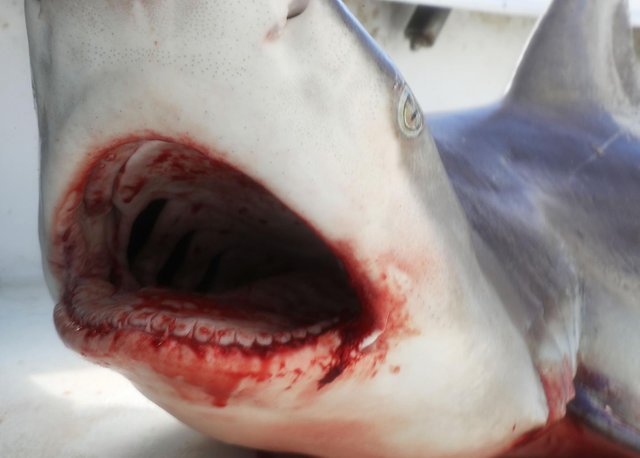
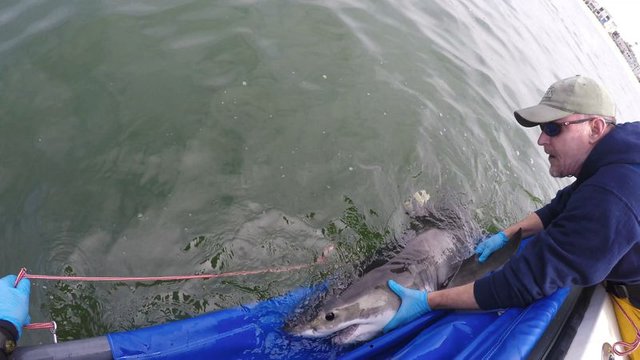
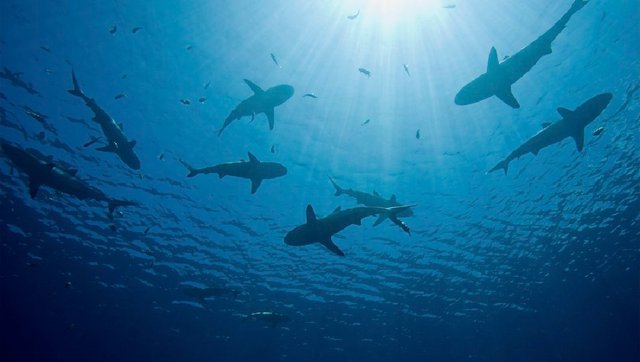
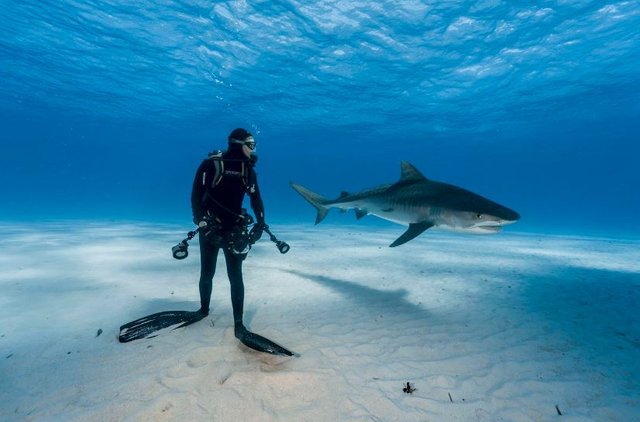
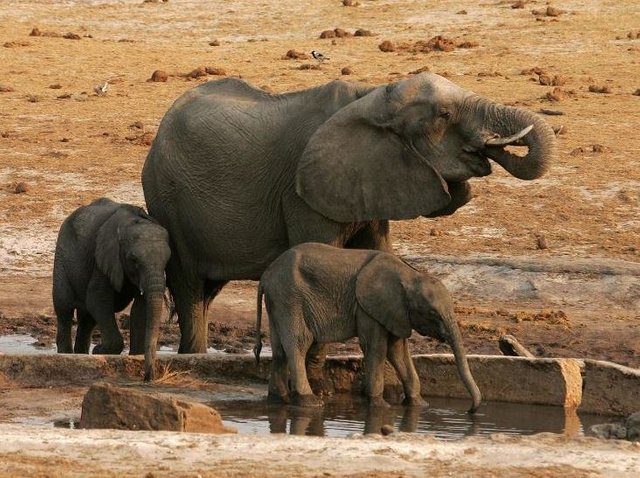
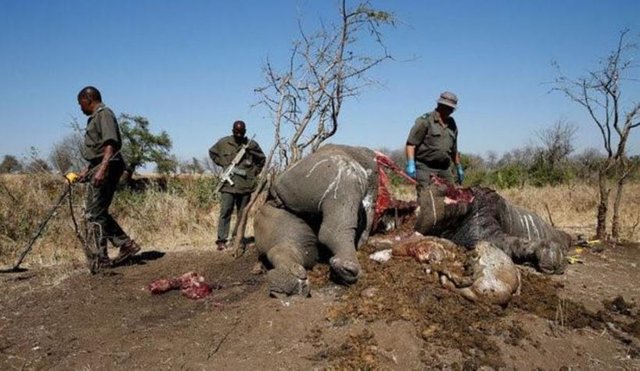
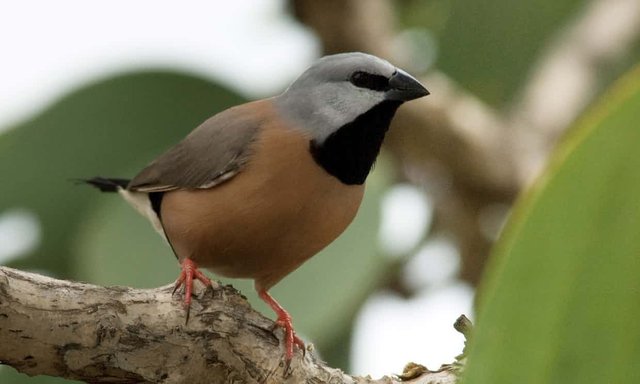
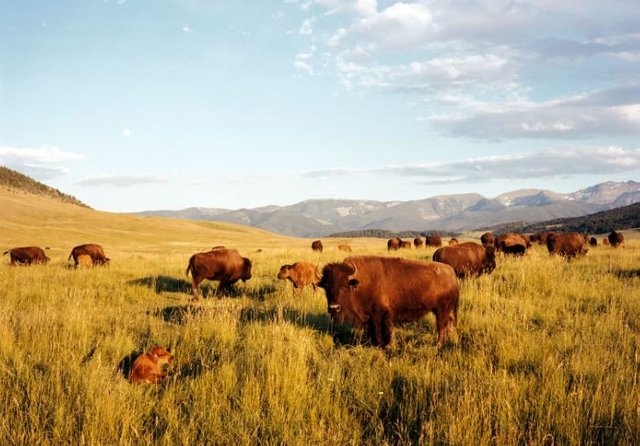
Superior Wallet 5WCYJB7s1srPNYqLjizw3PDqDEfNfXXJNB47gQauDYUH7ZHHWH29LnkheszihGnzSnZfTtMAAHHX45dkyrTjzaJKJrTCpdV
Downvoting a post can decrease pending rewards and make it less visible. Common reasons:
Submit
Thanks. Sent you 50 Superior Coins.
Downvoting a post can decrease pending rewards and make it less visible. Common reasons:
Submit
Superior address
5S7uwK2ud5ePzsStpKU5sZCRMaRNDFrxKcXMiSjqUS7nQinXXLfHj8W5BqQwng6G8qHVEMwetiaGdGDGpC88xEhUULc76Vv
Downvoting a post can decrease pending rewards and make it less visible. Common reasons:
Submit
Sent 20 Superior Coins.
Downvoting a post can decrease pending rewards and make it less visible. Common reasons:
Submit
you need to keep this coming like a magazine
Downvoting a post can decrease pending rewards and make it less visible. Common reasons:
Submit
Thanks. I do these digest posts a few times a week.
Downvoting a post can decrease pending rewards and make it less visible. Common reasons:
Submit
Great post, very informative. It needs more attention, raising awareness for human cruelty against the nature and animals is what our planet needs nowadays.
Resteemed and upvoted, keep up the good work mate!
Greetings @ddot
Downvoting a post can decrease pending rewards and make it less visible. Common reasons:
Submit
Yes I agree people need to see what we are doing to our planet and to the animals.
Downvoting a post can decrease pending rewards and make it less visible. Common reasons:
Submit
great article!
Downvoting a post can decrease pending rewards and make it less visible. Common reasons:
Submit
Thanks. What is your Superior Coin wallet address?
Downvoting a post can decrease pending rewards and make it less visible. Common reasons:
Submit